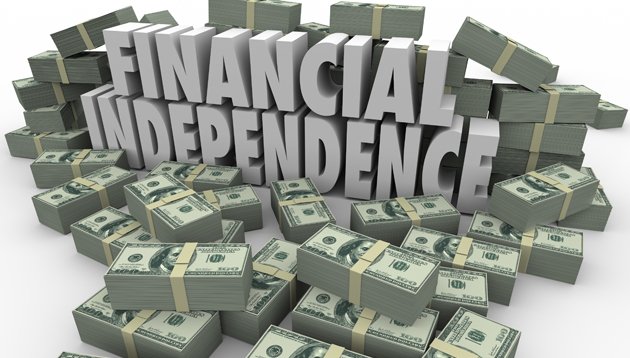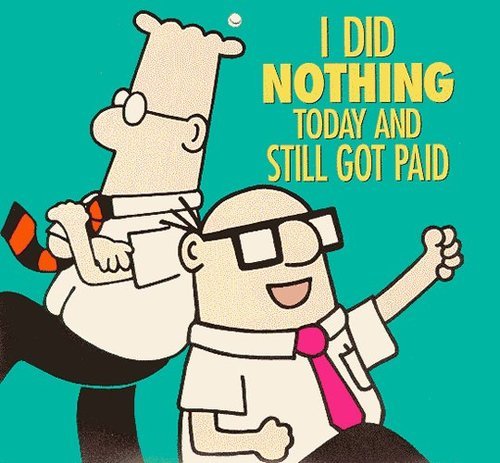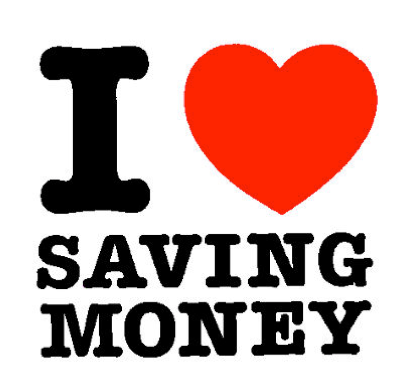Basic Financial Independence: A Goal We Should All Be Reaching For
The term financial independence gets thrown around a lot, but let's look a little deeper. What exactly does it mean?

Here is what I mean when I refer to basic financial independence. When the assets you own(stocks, bonds, real estate, whole life insurance, etc) produce enough income to cover the basic bills we all have: groceries, rent, transportation, basic healthcare, and a small amount for leisure. In other words, this is the stage where passive income pays all your basic bills, and active income(working a job) is no longer a requirement to live. Please note that this isn't the same as total financial freedom, wherein you would have far beyond enough to cover those basics, and you can freely travel and buy luxurious goods without hesitation because the marginal utility of all your money allows you to do this without stressing.

Many of you might be saying "this basic financial independence you are referring to sounds a lot like retirement," but I personally don't like to always use the word retirement. That's because most people think that term inherently means elderly people who are living modestly off social security and a pension for the last few years of a life riddled with health problems. I want to break this notion. First of all, you don't have to be elderly to reach the state I'm talking about. The bottom line is that the more of your income that you save and invest, the quicker you will reach this goal.

In hindsight, I really wish I had front-loaded my working life by working 60-80 hours a week during my 20's, so that I could (at least partially) retire by age 30. Of course, trying to convince someone in their 20's to work more, save more of their income, and forego much of the spending that goes along with having an active social life is an uphill battle. Nevertheless, the principle still remains. Saving and investing higher percentages of your income is the only way to get closer to basic financial independence.

One final point is that living off income-producing assets is far different(and far superior) than having a big chunk of money that you continually draw down and spend. The problem with the draw down method is that this nest egg will lose most of it's growth as you deplete it. If you are relying on this money for retirement, you will have to face the potential problem of outliving the money you draw down. It can be hard to enjoy your lifestyle if you constantly have to worry about maybe not being able to keep that lifestyle as you get older. Now, for a person who is 55 years old and who hasn't saved anything yet, they will have no choice but to draw down whatever money they can manage to save in the last years of their working career. Clearly, the optimal situation is to have enough so that you can comfortably live off the income and NEVER touch the principle. This situation is doable for most of us if we become disciplined savers and stick with the goal. The younger you are, the better position you are in to reach this goal.
Sources:
http://xhotin.tumblr.com/post/395774783/i-did-nothing-today-and-still-got-paid
http://www.suzeorman.com/blog/three-steps-to-guaranteed-financial-independence/
http://www.licpensionplan.com/early-retirement-in-india-save-enough-for-pension/
http://www.toogezer.com/tips-for-saving-money-online
Here is some info on the global monetary system as well that I wrote as a heads up to beware of inflation the hidden tax. A 10 minute read all linked to evidence. http://www.thelastamericanvagabond.com/finance/shine-a-light-on-them-the-true-leaders-of-the-free-world/
Totally agree. Thanks for sharing. Upvoted and shared on Twitter✔ for my followers to read. Stephen
https://twitter.com/StephenPKendal/status/801345130355691522